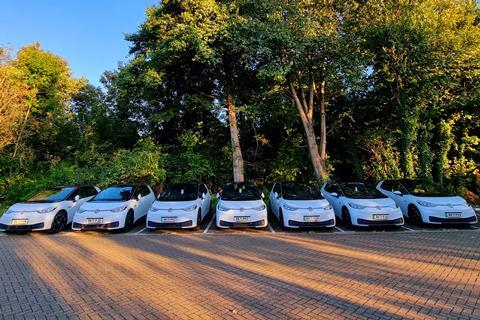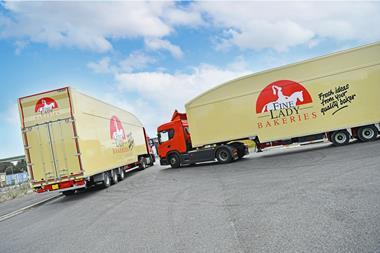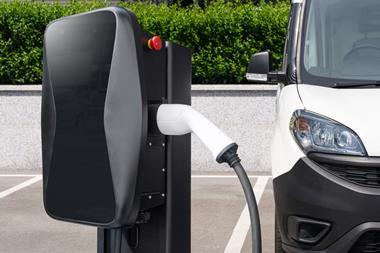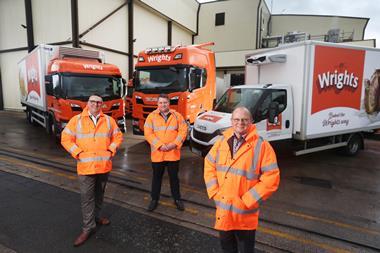
Bakery chain Wenzel’s has completed a ‘smooth and successful’ transition to electric vehicles (EVs) across its 15-strong fleet used by area managers.
The company, which operates just over 100 shop across the south of England, said it had been keen to address how to further improve operational efficiencies and tackle rising fleet costs whilst pursuing a reduction of its carbon footprint as part of a ‘strong sustainability commitment’.
It first reached out to Volkswagen Financial Services (VWFS) Fleet in 2019 to make the ‘significant strategic step’ to electric for its own fleet, which at the time consisted of seven diesel and petrol vehicles for managers to oversee day-to-day operations across its store network.
Ross Robins, operations director at Wenzel’s, revealed the company had been “initially apprehensive” about the move. “For example, a lot of our area managers live remotely, so we had to be certain about charging access that would enable them to continue to undertake large daily mileages to visit the stores,” he said.
Following a full fleet analysis, however, a switch from vans to cars was decided, as they were able to better meet the fleet’s needs, offer a more comfortable driving experience, and a wider range of options to suit their drivers.
Wenzel’s diesel and petrol vans were phased out in 2021 and replaced with a combination of electric cars, including Volkswagen ID.3s, Teslas, Audi A1s and other Volkswagen models.
“Although the business was on board with the benefits of EVs for our fleet, we also needed to ensure our area managers felt comfortable with the transition,” Robins continued. “We conducted a series of team engagement sessions, but we knew the only way to get our drivers completely on board was to enable them to experience the vehicles for themselves.”
The power of EVs
Maintaining a fully electric fleet has seen the business’ fuel costs decreased dramatically, noted Robins, as well as Class 1A NI contributions and expenses associated with entering low emissions zones around London. “Our area managers have also benefited from reduced expenses, as the EV’s associated Benefit-in-Kind payments [company car tax] are significantly lower.”
To alleviate any charging anxieties, Wenzel’s has also installed home chargepoints for all area managers as well as at several of its central stores, so drivers can easily top up while on their rounds. Last year, the Labour Party unveiled a new plan promising to provide nationwide charging infrastructure to support the logistics sector’s transition to EVs.
There’s also a Fleet Management Portal, which Robins describes as a “fantastic tool” as it enables him to analyse a range of critical data such as mileage rates and make better-informed decisions.
Since its founding in northwest London in 1975, Wenzel’s has grown its estate to 109 shops, predominantly located in London and the home counties but stretching down to Poole in Dorset and up to Northampton town. Adding 14 new shops over a 12-month period, it was listed as 14th in the top 75 out-of-home players in our Bakery Market Report 2023. Its most recent financial results for the year ended 31 March 2023 reported revenue of £61.4m (up 9.8% from the previous year).
































No comments yet